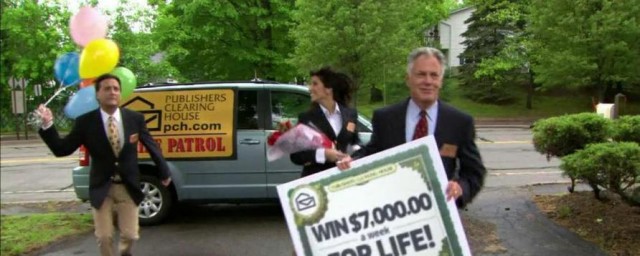10 Ways of Looking at a Paycheck
by Shannon Reed

When I was a child, my favorite thing to eat was a hot dog from Hardee’s. But sometimes when I asked for one, my mother said no, even when I whined. “It’s payday on Friday,” she said. “You can have one then.”
I received $32 for working at the library the month I turned 17, and decided to look for some “new,” cool, clothes at the Salvation Army. “What will my congregation say,” my father asked me, “when they see the pastor’s daughter shopping at the thrift store?”
We made $25 a week as interns, working for theatre companies in Manhattan. My roommate brought home bags of rice, hauling them up from the grocery story on 9th and 51st. She cooked it in the microwave. She showed me how. “If you add cinnamon and butter,” she said, “it’s dessert.”
As temp office workers when they were starting out, my friends lived together in Brooklyn. She didn’t like what he packed for lunch. “Just plain pasta,” she said. “People looked at him and thought, ‘That boy is poor.’” She paused, then shook her head. “Not even butter,” she said.
At the publishing company, I was told that they often don’t make payroll on time. “Often?” I ask. “How often is often? Do people still come to work on Monday if they hadn’t been paid on Friday?” Yes, they did, my coworker said, except for this one guy, who quit. She said it like that guy was crazy.
After 9/11, the preschool where I work couldn’t get the paychecks delivered to teachers for their payday. They went into that first weekend of the school year without pay. “Did you go back to work on Monday?” I asked someone who worked there before I started. “Of course!” she said. “Of course!” She said it like I was crazy.
Paychecks at the Catholic school where I taught were held up by the transit strike. My principal called me to her office, explains that they couldn’t get me my check until Monday. Everyone else used direct deposit, so it’s no problem, but I was new. “Will you be ok?” she asked. “Can I lend you some money for over the weekend?” I wonder how poor I look.
At my new school, the principal promised to pay me to attend a summer workshop. While I was there, he was fired and another principal took his place. I had no way to prove that I had been promised pay, so I didn’t bring it up. When he heard about this, the new principal used it as a wedge to begin a discussion with me about how I should trust him. I was never paid for the workshop.
After Hurricane Sandy, the Teachers Retirement Service of New York alerted all of their members that we should not call or stop in — the office is flooded and no one will answer the 800 number. There was no way to email them. So I wrote them letters, asking them to please release my retirement money as I no longer work for the New York City Department of Education, and really do need it. It took seven months to get the money. I am later told that this was a record for speed on their part.
I made it to the end of the first month of graduate school, no longer on my teacher’s salary, working instead as a Teaching Assistant. Payday was the next day. I was looking forward to it; rice goes down less smoothly at 38 than it did at 22. Then, an email: the department office won’t have paychecks ready on time “due to an error.” They are sorry. They will get them out ASAP. No one offered to spot me a few bucks for groceries.
I decide that I must no longer look poor.
Shannon Reed’s work has appeared in McSweeney’s Internet Tendency, Terrain Journal and VisualThesaurus.com. She is at work on her first novel while teaching and working on her MFA at the University of Pittsburgh.
Support The Billfold
The Billfold continues to exist thanks to support from our readers. Help us continue to do our work by making a monthly pledge on Patreon or a one-time-only contribution through PayPal.
Comments